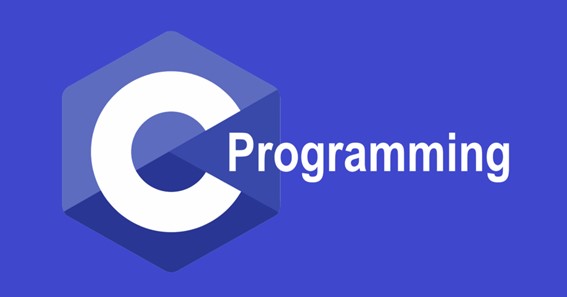The C Programming Language is a low-level, general-purpose, operating system-agnostic language that supports structured programming and provides low-level access to the system memory. Unlike C++, the C programming language is just a Procedural Language.
Dennis Ritchie invented and developed it in 1972 at Bell Laboratory, now known as AT&T. He implemented it in the UNIX Systems (Mostly used by scientific, educational, and engineering institutions due to multitasking, flexibility, etc. features) on DEC PDP II. It was developed as the successor of the B Programming Language, developed by Ken Thompson, the Founder of UNIX Systems (1970).
The C Developing Language was mainly designed to adapt and overcome the problems encountered by other programming languages such as BASIC, B, and BPCL. By the end of 1980, Dennis` C Programming Language was the most commonly proffered and used programming language across microcomputers, minicomputers, and almost all pre-programmed mainframes.
I guess at this point; I must’ve made you think, “Why the history lesson! We’re not here for this!” alright, I have received the message loud and clear, so let me show you why you should consider taking up this course:
- Once you learn the intricacies of C programming, it is comparatively easier to master languages such as python and java.
- The C language aids you in making sense of how a computer stores information and retrieves it and helps in understanding the internal framework of a computer.
- With this, you will have more opportunities to participate in open-source projects. If we take examples of Linux kernel, Python interpreter, etc., it will come to our attention that all these projects are coded using C language.
Managed to intrigue you into considering going on this career path; you should consider enrolling in an online C programming course. These courses can be very informative and provide you with the necessary skills to hack into this industry (See what I did there? No? Not funny? Oh well! A few things that you will be learning in this guaranteed placement course are:
Introduction to C:
- Types of C data.
- C operators.
- Identifiers and keywords.
- C output and inputs.
- Introduction examples to C programming.
Functions of C programming:
- Function types in C programming.
- Storage classes in C programming.
- Functions in C programming.
- Storage classes in C programming.
- Recursions in C programming.
- Function examples for C programming.
Pointers for C programming:
- Pointers and functions for C programming.
- Arrays and pointers in C programming.
- Memory allocation in C programming.
- Pointers for C programming.
- Array and pointer examples for C programming.
Union and structure in C programming:
- Unions in C programming.
- Structures in C programming.
- Struct and its pointers in C programming.
- Struct examples in C programming.
- Struct and its functions in C programming.
Programming strings in C programming:
- String functions in C programming.
- Programming string in C programming.
- String examples in C programming.
Supplemental topics:
- Standard library for C programming.
- Enumeration for C programming.
- Programming examples for C programming.
- Preprocessors in C programming.







